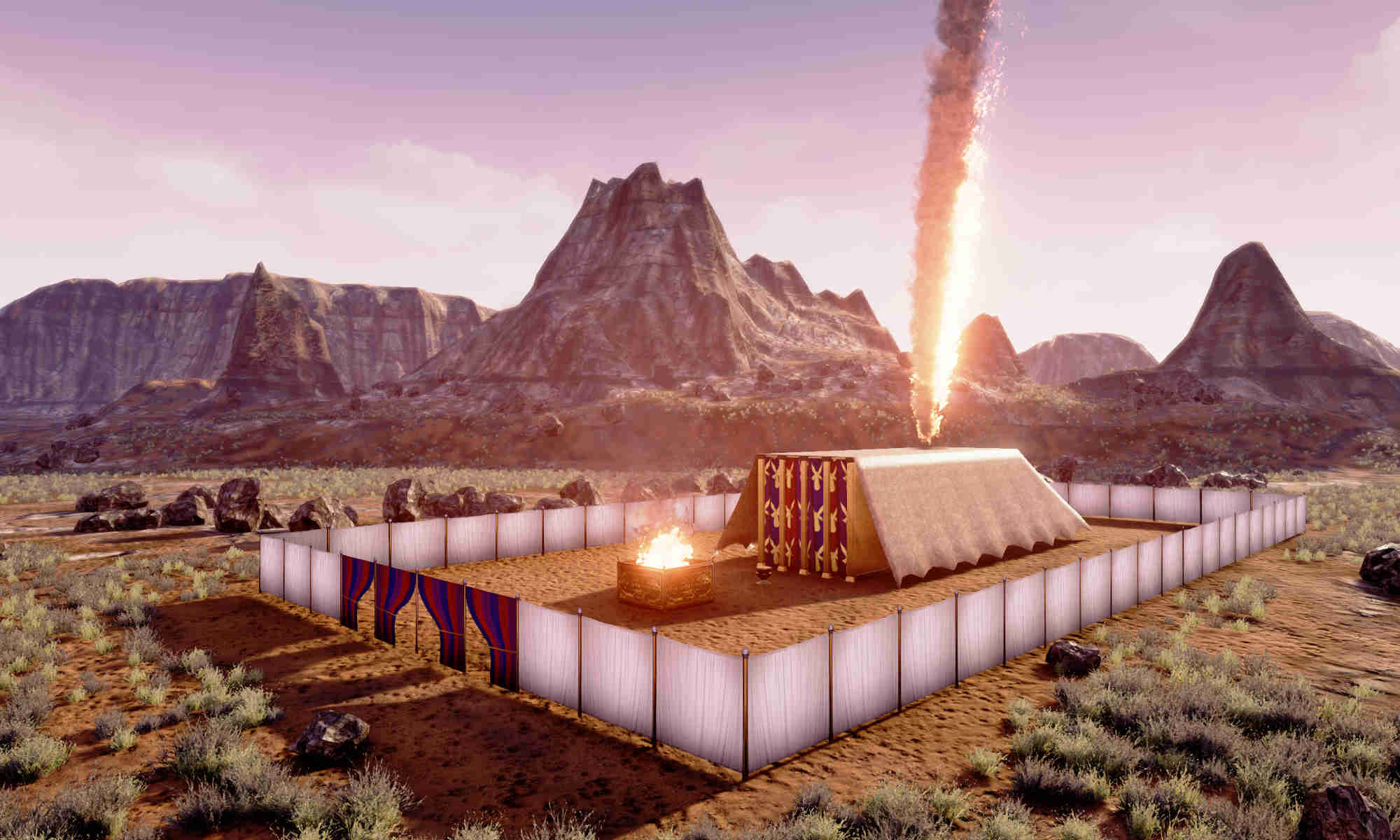I once thought the feasts were a side issue brought in by Satan to distract people, and argued against them for about 10 years. But when I was finally convinced that they should be kept, I realized a whole different perspective on their value. I had studied their meaning a lot before that and I knew all about them, but it wasn’t until I actually started doing them that I was really able to start seeing the feasts in their fullness. It’s like a door has opened that has allowed me to see so many more things about the plan of salvation, the sanctuary message, Christ’s high priestly ministry, etc.
For me it seems like studying the feasts intellectually can never take the place of actually doing them. I guess that’s why God told His people to do them in the first place; He knew they wouldn’t receive the blessing by just thinking about them.
It’s true that we can become distracted if we allow anything besides Christ and His righteousness to absorb all of our attention. Christ is the essence of truth, and should be the very center of all our study. To focus on any other topic to the exclusion of Christ, or to allow important subjects to become obscured by a single focus, is to become unbalanced. This has happened with many subjects, such as prophecy, the health message, country living, the law, opposing the trinity doctrine, and yes, even the feasts. This is not the will of God.
I have come to realize that the feasts are significant today and are part of the supporting framework of the Three Angels; Messages. Much of the Three Angels’ Messages are based on the feasts and the Biblical calendar. For instance, the Sabbath is the weekly holy day. It is to be kept by the Biblical calendar (from sunset to sunset), contrary to the Gregorian calendar (midnight to midnight). One of the key verses we base this on comes from the instructions for the Day of Atonement – “from even unto even, shall ye celebrate your sabbath.” (Lev. 23:32)
Our message of Christ’s final atonement in the Most Holy Place is based on the Biblical calendar and the Day of Atonement. When you read the early Adventists’ writings, it is clear that they spent a lot of time rediscovering the Biblical calendar and the timing of the feasts in order to track down the true date for the Day of Atonement. God’s feast day calendar was still ticking away in 1844 – that’s why the early Adventists were able to pinpoint exactly what day Christ’s movement to the inner apartment would take place. Jesus entered the Most Holy place right on schedule, and the early Adventists knew the exact date because they were watching His calendar.
The early rain that came to the disciples was the same way. It came right on schedule – on the day of Pentecost. There are several more events yet to take place in the future that are tied to the feast day calendar as well.
Most of the world was not watching in 1844 and they missed the fulfilment of the most important time prophecy of Daniel. Most of the Jewish nation did not understand the true meaning behind the day of Pentecost and they did not receive the early rain. Most Adventists are not acquainted with the feast day calendar today. But God’s calendar is still ticking away.
Instead of following God’s calendar of appointed times, most of us today are still following Pope Gregory XIII’s calendar, called the Gregorian calendar. His holy days have become our holidays, and we have forgotten the holidays of our Creator, with the exception of the Sabbath.
In the words of Father T. Enright, “The Catholic Church abolished not only the Sabbath, but all the other Jewish Festivals.” (T. Enright of the Redemporist fathers of the Roman Church, in a letter dated April 26, 1902)
“The new law has it’s own spirit…and it’s own feasts which have taken the place of those appointed in the law of Moses. If we would know the days to be observed…we must go to the Catholic church, not to the Mosaic law.” (Catholic Catechism, quoted in a Signs of the Times, Nov. 4, 1919)
So again I will affirm that the feasts were never intended to become the center of our message – Christ and His righteousness is. But they are an important part of the supporting framework of the Three Angel’s Messages which have been entrusted to us as a people.

